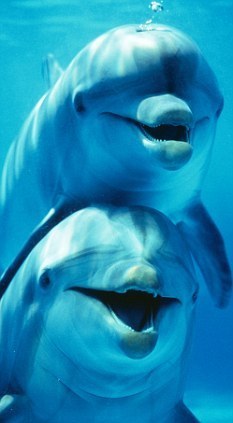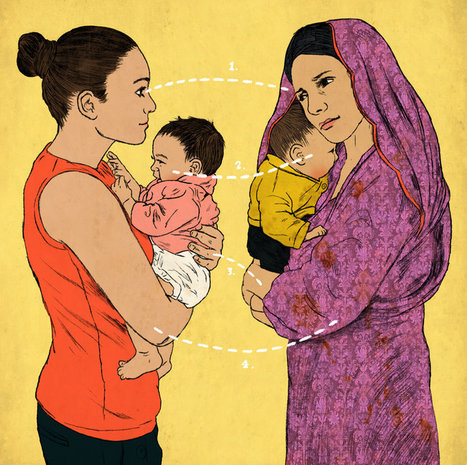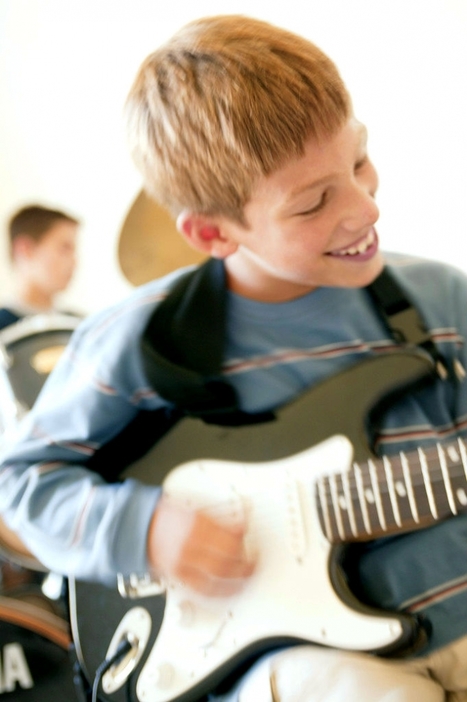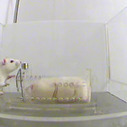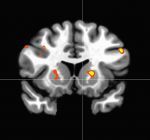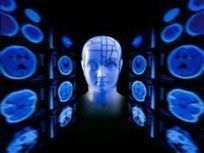While it's already well-known that dolphins rank among the most intelligent creatures on the planet, new research is suggesting that they just might be one of the most magnanimous too.
A team of biologists recently published a study examining dozens of fascinating cases of inter-species generosity between dolphin and human, all taking place along the shore of Australia's Tangalooma Island Resort. According to their findings, wild dolphins have been observed bearing gifts, such as dead "eels, tuna, squid, an octopus" to wading humans on 23 separate occasions.
More: http://www.treehugger.com/natural-sciences/wild-dolphins-observed-gifting-fish-humans.html



 Your new post is loading...
Your new post is loading...

